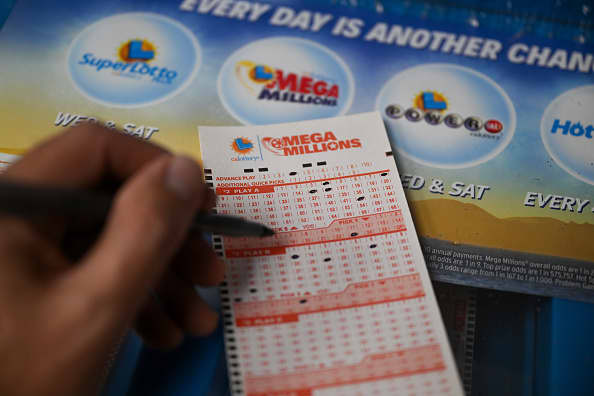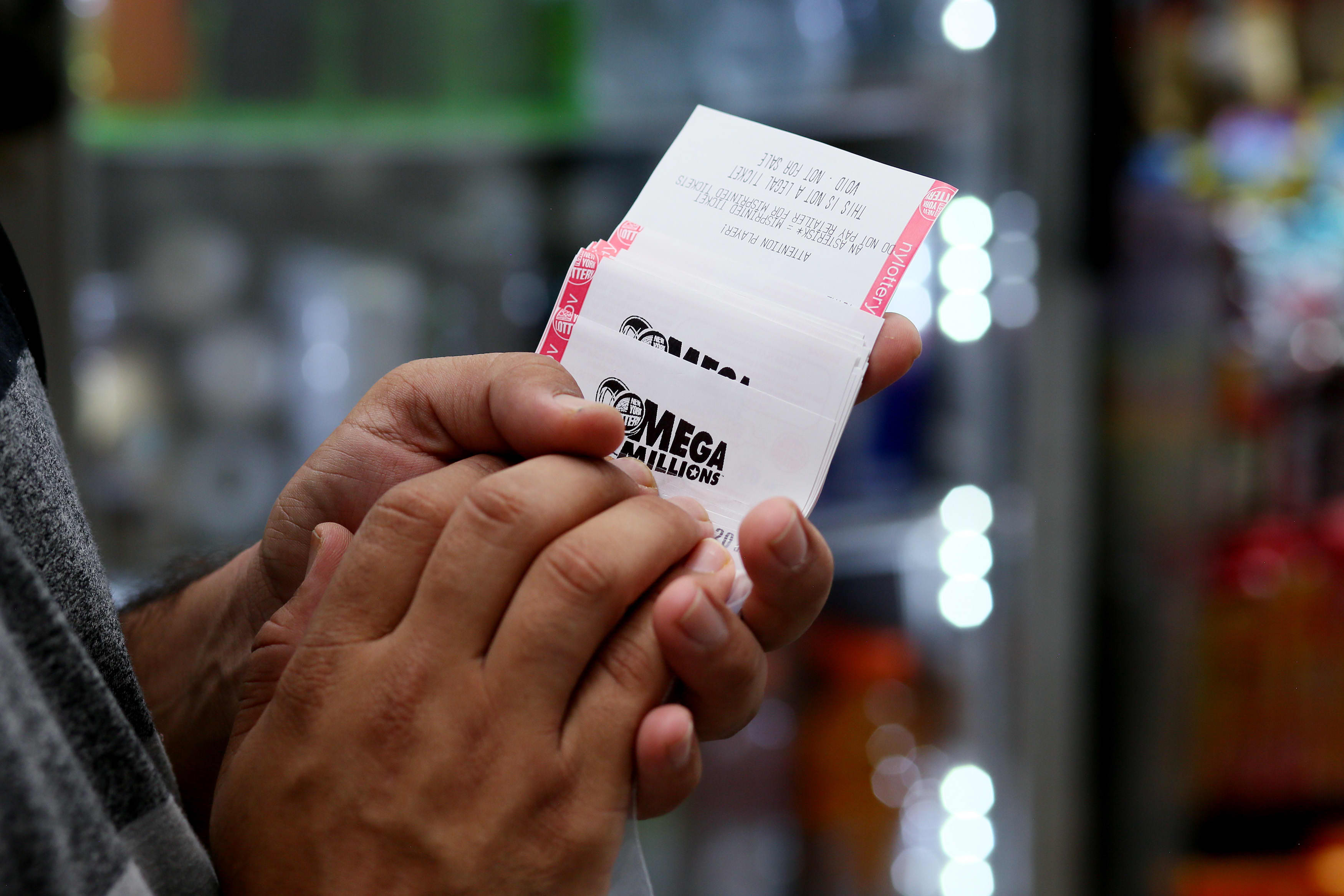
The Mega Millions jackpot climbed to an estimated $1.05 billion after no one managed to beat the massive odds and match the lottery game’s six numbers drawn Friday night.
The numbers drawn Friday night were: 52-28-5-63-10 Mega Ball: 18 Megaplier: 5x
WATCH ANYTIME FOR FREE
Stream NBC10 Boston news for free, 24/7, wherever you are. |
The lack of a winner of Friday’s $940 million jackpot means there have been 29 straight draws without a winner. The last time someone won a Mega Millions jackpot was April 18.
Get updates on what's happening in Boston to your inbox. Sign up for our News Headlines newsletter.
The $1.05 billion prize up for grabs in the next drawing Tuesday night would be for a sole winner choosing to be paid through an annuity, with annual payments over 30 years. Jackpot winners almost always opt for a lump sum payment, which for Tuesday’s drawing would be an estimated $527.9 million.
While no one won the Mega Millions jackpot, it has been less than two weeks since someone in Los Angeles won a $1.08 billion Powerball prize that ranked as the sixth-largest in U.S. history. The winner of the prize is still a mystery.
Lottery jackpots grow so large because the odds of winning are so small. For Mega Millions, the odds of winning the jackpot are about 1 in 302.6 million.
Winners also would be subject to federal taxes, and many states also tax lottery winnings.
Mega Millions is played in 45 states, Washington, D.C., and the U.S. Virgin Islands.
WHAT ARE THE CHANCES OF WINNING?
The odds of winning the Mega Millions jackpot are 1 in 302,575,350. Your odds of winning are only slightly improved by buying more than one ticket. And the odds are so long that it’s certainly not worth spending money you’ll miss for more tickets, experts warn.
If buying one ticket gives you a 1 in 302,575,350 of winning the jackpot, spending $10 for five tickets improves your chances to only 5 in 303 million. The same is true if you spend $100. So you could spend a lot of money on tickets and still almost undoubtedly not hit the jackpot. Lottery officials say the average player buys two or three tickets, meaning they’re putting money down on a dream with very little chance of a jackpot payoff. For every dollar players spend on the lottery, they will lose about 35 cents on average, according to an analysis of lottery data by the Howard Center for Investigative Journalism at the University of Maryland.
WHY ARE LOTTERY JACKPOTS SO LARGE THESE DAYS?
That’s how the games have been designed. The credit for such big jackpots comes down to math -- and more difficult odds. In 2015, the Powerball lottery lengthened the odds of winning from 1 in 175.2 million to 1 in 292.2 million. Mega Millions followed two years later, stretching the odds of winning the top prize from 1 in 258.9 million to 1 in 302.6 million. The largest lottery jackpots in the U.S. have come since those changes were made.
WHERE IS MEGA MILLIONS PLAYED?
Mega Millions is played in 45 states, as well as Washington, D.C. and the U.S. Virgin Islands.
HOW MUCH MONEY DOES THE LOTTERY MAKE FOR STATES?
State-run lotteries brought in roughly $95 billion in revenue in 2021, according to the U.S. Census Bureau. Of that, about $64 billion was paid out in prizes and another $3.4 billion was used to run the programs. A little under $27 billion in revenue was left for states to pad their budgets. State lotteries spend more than a half-billion dollars a year on pervasive marketing campaigns designed to persuade people to play often, spend more and overlook the long odds of winning. For every $1 spent on advertising nationwide, lotteries have made about $128 in ticket sales, according to an analysis of lottery data by the Howard Center for Investigative Journalism at the University of Maryland.
___
Associated Press video journalist Nicholas Ingram contributed to this report from Riverside, Missouri.



